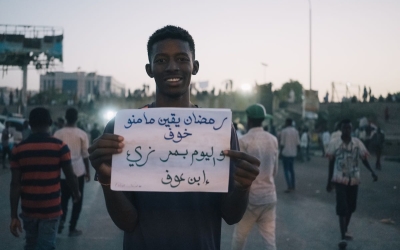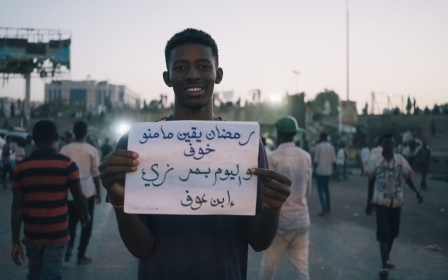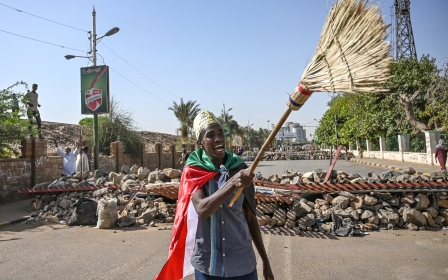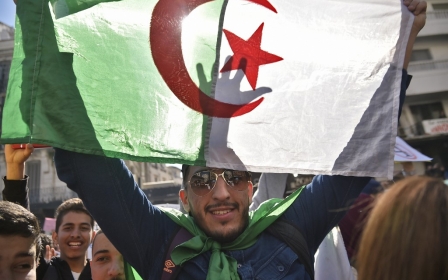Sudan protest leaders reject army's call for Islamic law in new constitution
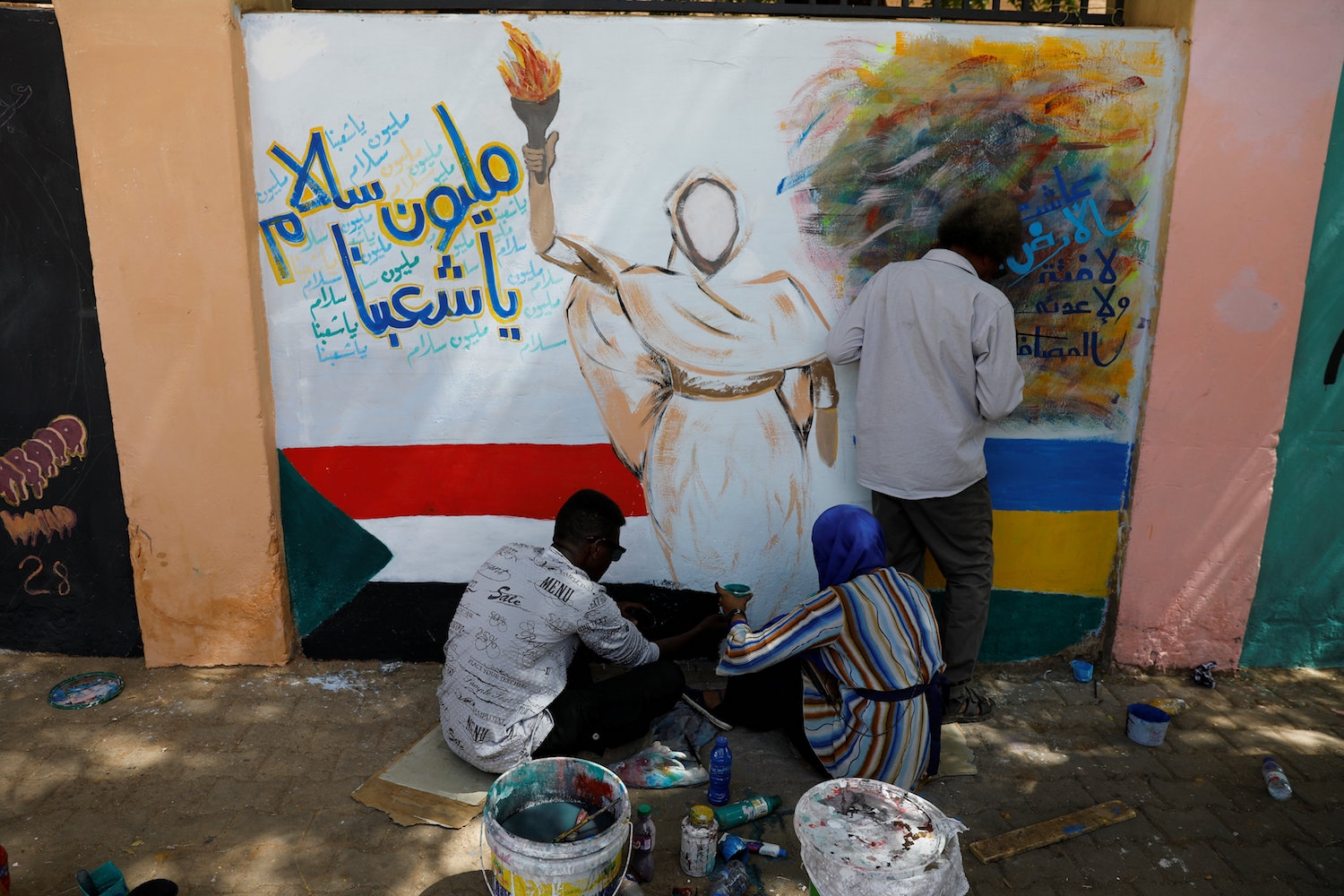
Sudanese protest leaders have rejected efforts to use Islamic law as the basis for a new constitution, an idea put forward by Sudan's interim military council earlier this week amid the country's ongoing political transition.
Amged Farid, spokesman for the Sudanese Professionals Association, told MEE on Wednesday that efforts to inscribe Islamic law into the constitution - and name Arabic as the country's official language - aim to "blackmail" opposition activists.
"The insertion of Islamic and Sharia issues into this situation is an attempt to practice political blackmail," Farid said.
The Sudanese army said Islamic law should be the basis of the constitution during a news conference on Tuesday, rejecting proposals made by protest and opposition leaders on the structure of a transitional civilian and military government after the fall of Omar al-Bashir.
Sudan's longtime president was forced out in a military coup on 11 April after weeks of protests across the country demanding his resignation.
Tens of thousands of protesters have maintained a month-long sit-in outside the country's military headquarters, demanding the military hand power to civilians, and the umbrella opposition body negotiating with them said it was preparing for "civil disobedience".
'Issues like Sharia or the language of the state, those are ideological weapons the former regime kept using to divide the people... We are not willing to stand for this game'
- Khaled Omar Youssef, protest leader with the opposition Sudanese Congress Party
"We are discussing transitional arrangements, transitional institutions. This is the subject, not Sharia," Khaled Omar Youssef, a protest leader with the opposition Sudanese Congress Party, told reporters.
"Issues like Sharia or the language of the state, those are ideological weapons the former regime kept using to divide the people on the issue of mobilisation, between Muslims and non-Muslims, Arabs and non-Arabs. We are not willing to stand for this game," he said.
Youssef accused the military of a "lack of seriousness", saying there have not been negotiations for a week because the military requested a detailed document on the opposition's proposals for the transitional government.
He said they were surprised on Tuesday night when the military council rejected the proposals in a news conference, after they had waited a week for negotiations to restart.
Bashir-era structure
Bashir's ruling system was structured around his Islamist movement and many in Sudan accused the movement of ostracising or attacking anyone from outside that circle.
Protesters have been calling for a civilian government that breaks with Bashir's "old regime", including the current ruling military council whose leaders rose to their ranks under Bashir.
Salah Aldoma, a Sudanese political analyst, said counter-revolutionary powers were trying to use Islamic slogans to work against the protesters' demands.
"The Sudanese revolution is against political Islam and anyone seeking the backing of Islamists in Sudan will lose popularity," he told MEE.
Still, Aldoma said that opposition parties shouldn't avoid such issues outright, and he instead urged them to openly debate the place religion may hold in Sudanese society going forward.
"The issue of relations between religion and the state is sensitive in Sudan," Aldoma said. "[Those] seeking radical change in Sudan should address it very honestly."
Meanwhile, Ahmed Ibrahim, a 30-year-old activist, said the military council's insistence on putting Islamic law into the constitution "will only lead to more tension".
That type of discussion resembles "the old regime discourse" employed by Bashir over his three-decade rule, said Ibrahim, who called for all the laws Bashir's regime imposed on Sudan to be frozen.
"We have nothing to do with this tricky language and we will continue our protests until we achieve our goals," he added.
Middle East Eye propose une couverture et une analyse indépendantes et incomparables du Moyen-Orient, de l’Afrique du Nord et d’autres régions du monde. Pour en savoir plus sur la reprise de ce contenu et les frais qui s’appliquent, veuillez remplir ce formulaire [en anglais]. Pour en savoir plus sur MEE, cliquez ici [en anglais].


